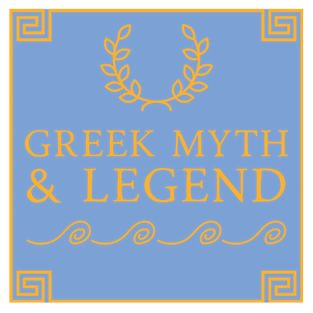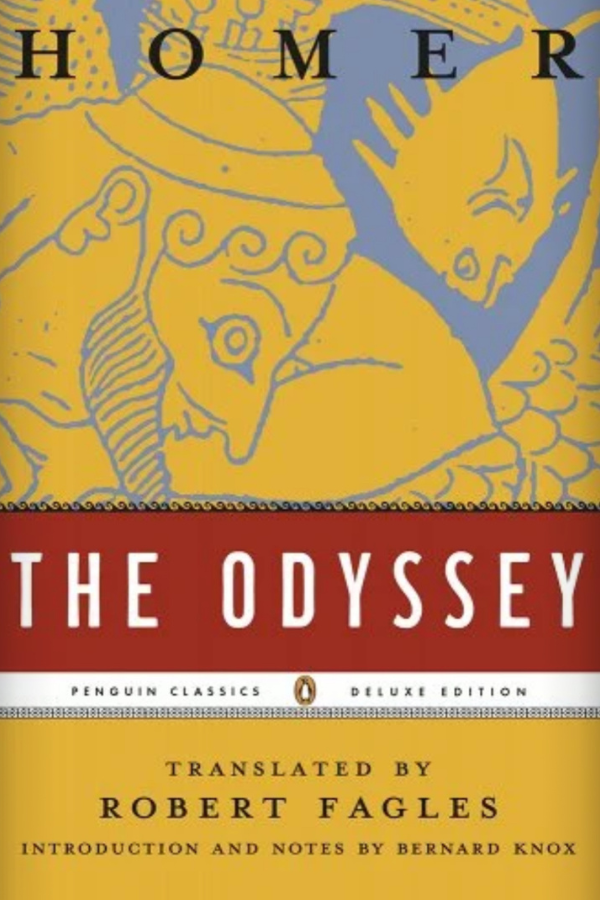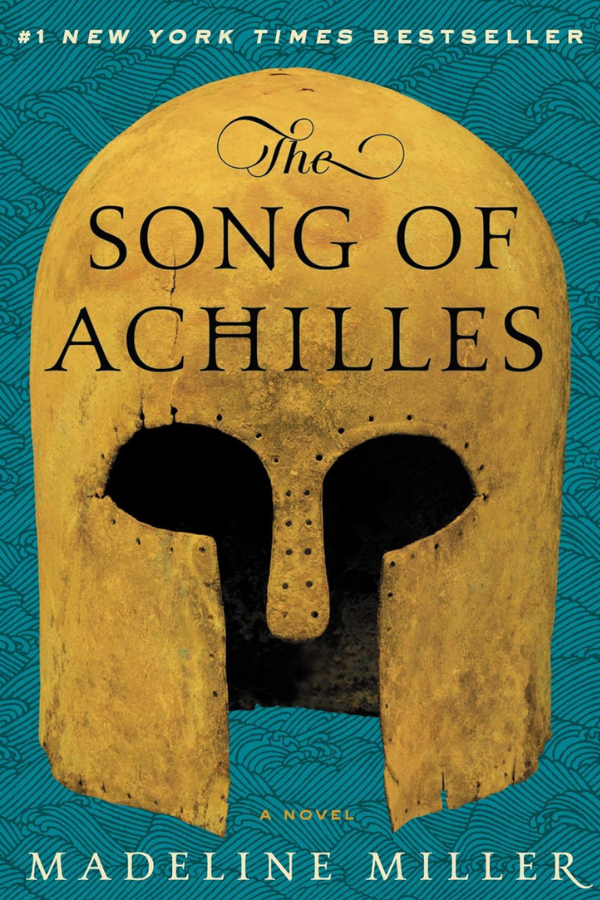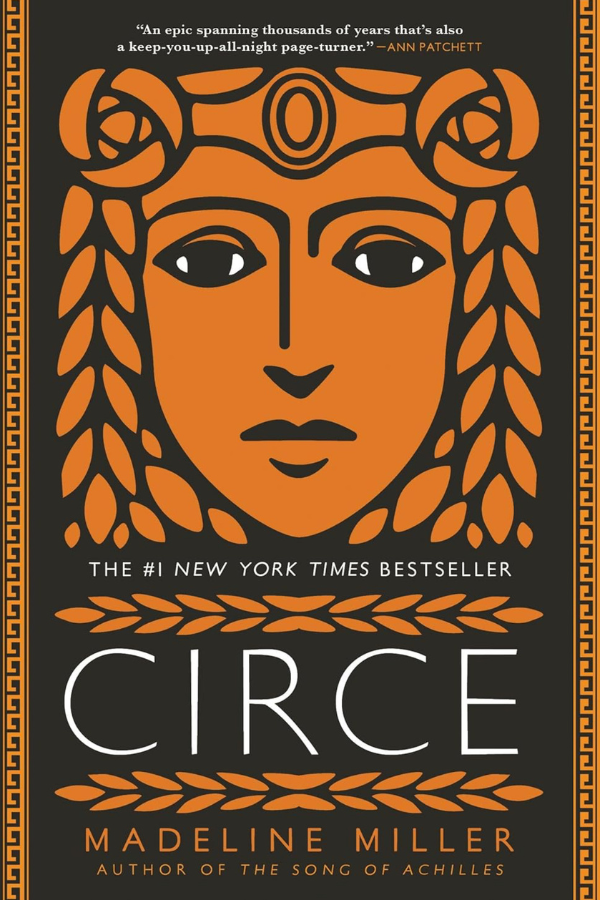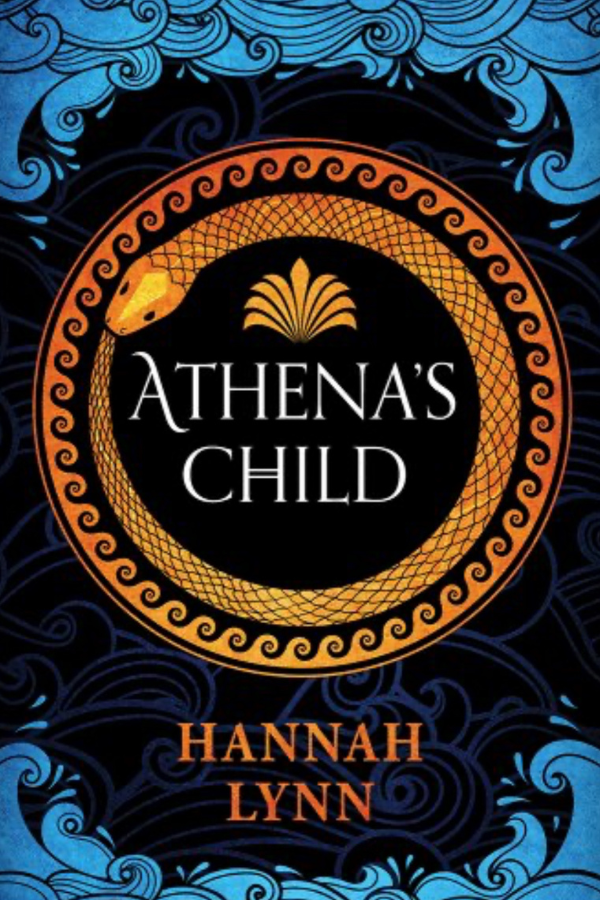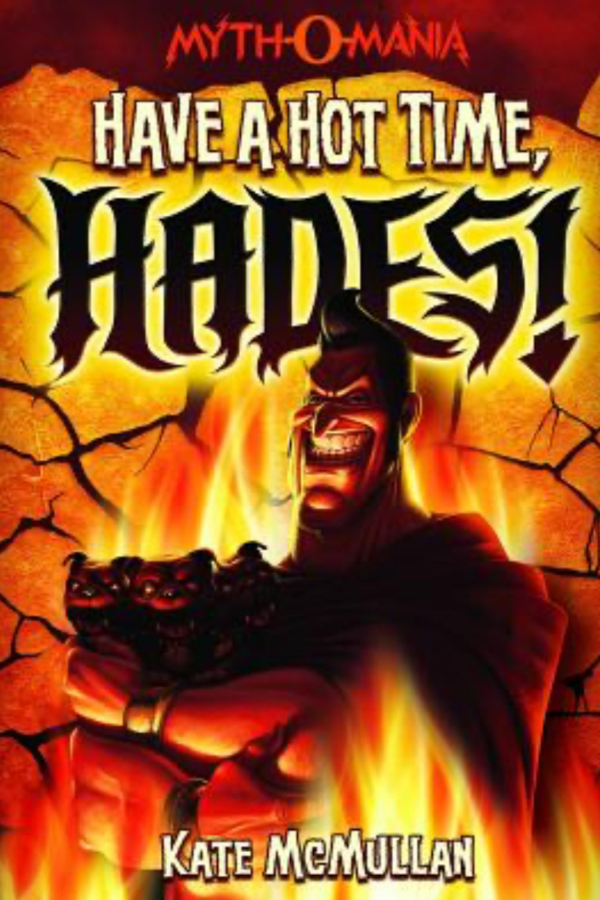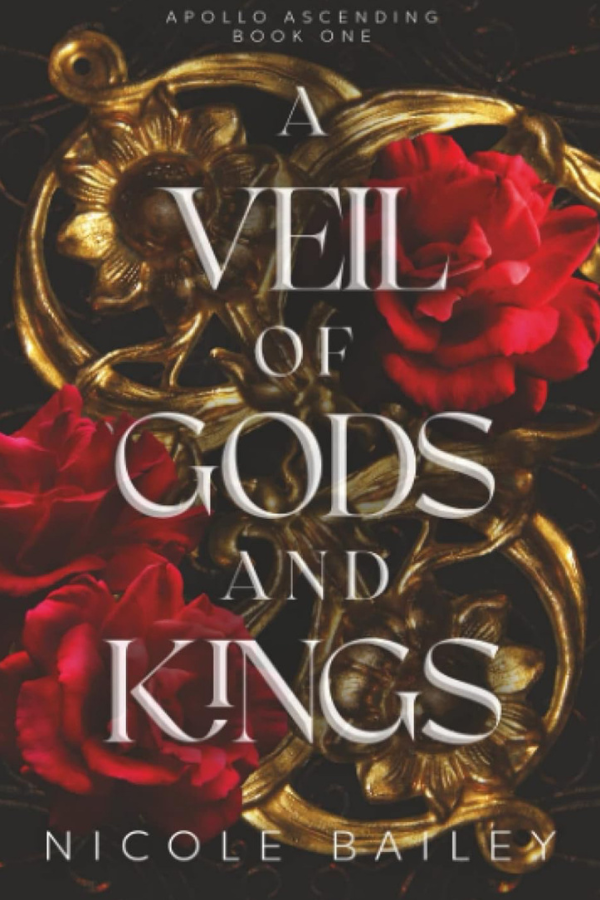<< BACK TO LAUGHING BOY BOOKS | BOOKSHOP UPDATES >>
NAVIGATE THIS PAGE: Did The Trojan War Actually Happen? | Retelling of the Trojan War | The Aeneid was the First Retelling of the Trojan War Story | Retelling of the Trojan War | More Books Based on Greek Myth | More Greek Myths Retold on Bookshop >>
NAVIGATE THIS PAGE: Did The Trojan War Actually Happen? | Retelling of the Trojan War | The Aeneid was the First Retelling of the Trojan War Story | Retelling of the Trojan War | More Books Based on Greek Myth | More Greek Myths Retold on Bookshop >>
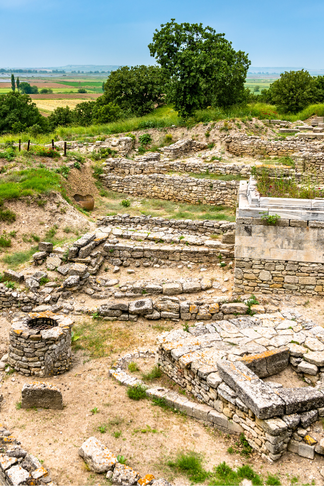
DID THE TROJAN WAR ACTUALLY HAPPEN?
The tragic story of the Trojan War is one of the oldest epic tales in Western literature. The invasion and subsequent destruction of Troy by the Mycenaean Greeks was written down for the first time in Homer’s The Iliad (circa 750 BCE), although the story was certainly conveyed orally for generations.
Because The Iliad contained many mythical and supernatural elements, Western historians were uncertain if Troy even existed at all — or if the story was simply a fantastical morality tale. Then, in 1870, amateur archaeologist Heinrich Schlieman decided to excavate at a site near the modern Turkish city of Hissarlik. Hissarlik was several hours to the south of where most scholars suspected historical Troy existed, and even Schlieman was skeptical. But within seven years, Schlieman’s team had uncovered nine layered cities spanning 3,600 years. One city, known as Troy VII, showed evidence of a catastrophic fire which would have been consistent with invasion as described in The Iliad. Dating of the site put the fire between 1194 and 1184 BCE, and the beginning of the collapse of Late Bronze Age Greek society.
My first introduction to the Trojan War was in elementary school when I read Black Ships Before Troy by Rosemary Sutcliff. The epic tale of gods and heroes was brought to life by the detailed and evocative illustrations by Allan Lee. I didn’t read The Iliad until I was a freshman in high school, but Black Ships had me hooked on the tale of Troy forever.
The major ancient historical works dealing with the Trojan War are listed below.
The tragic story of the Trojan War is one of the oldest epic tales in Western literature. The invasion and subsequent destruction of Troy by the Mycenaean Greeks was written down for the first time in Homer’s The Iliad (circa 750 BCE), although the story was certainly conveyed orally for generations.
Because The Iliad contained many mythical and supernatural elements, Western historians were uncertain if Troy even existed at all — or if the story was simply a fantastical morality tale. Then, in 1870, amateur archaeologist Heinrich Schlieman decided to excavate at a site near the modern Turkish city of Hissarlik. Hissarlik was several hours to the south of where most scholars suspected historical Troy existed, and even Schlieman was skeptical. But within seven years, Schlieman’s team had uncovered nine layered cities spanning 3,600 years. One city, known as Troy VII, showed evidence of a catastrophic fire which would have been consistent with invasion as described in The Iliad. Dating of the site put the fire between 1194 and 1184 BCE, and the beginning of the collapse of Late Bronze Age Greek society.
My first introduction to the Trojan War was in elementary school when I read Black Ships Before Troy by Rosemary Sutcliff. The epic tale of gods and heroes was brought to life by the detailed and evocative illustrations by Allan Lee. I didn’t read The Iliad until I was a freshman in high school, but Black Ships had me hooked on the tale of Troy forever.
The major ancient historical works dealing with the Trojan War are listed below.
RETELLING THE TROJAN WAR
THE AENEID WAS THE FIRST RETELLING OF THE TROJAN WAR:
The Aeneid is the story of how the surviving Trojans, led by Prince Aeneas, son of the goddess Venus and cousin to Trojan heroes Hector and Paris, embarked on an epic journey to find their new homeland. According to prophecy, this new land would lie to the west of Troy and require a long sea voyage filled with many perils, similar to Odysseus’s journey to Ithaca as told in The Odyssey. After many trials and hardships — most conjured by the Olympian gods who were still divided in their loyalties between the Greeks and Trojans — Aeneas and his followers settled in what is today modern Italy. It will be Aeneas’s descendants, Romulus and Remus, who establish the city of Rome.
The poem was written by Publius Vergilius Maro (more commonly known as Virgil) from 29–19 BCE. The text was written in a similar style to Homer and borrowed much of its source materials from The Iliad and The Odyssey.
Tales of Aeneas leading Trojan refugees out of the city’s burning ruins predated Virgil by centuries, but they, along with details about Aeneas himself, were vague. Virgil capitalized on this ambiguity by solidifying Aeneas as the connective element between the ancient and heroic Greeks, the Olympian gods, the greatest war in ancient history, and the founding of Rome. In doing so, Virgil also fulfilled a political and propagandistic role in giving the Romans, a culture that borrowed heavily from the Greeks, its own heroic origin myth on par with The Iliad. In doing so, the Trojans were recast as the ultimate victors of the Trojan War. While Troy may have burned to the ground, the Trojans/Romans ultimately conquered and subjugated Greece, along with most of the Mediterranean.
In reality, of course, the historical Trojans and Romans are not related. But in the end, it didn’t matter. The Romans had an epic legend of their own, showing them as favored by the gods, and proving that the Romans, along with all their other amazing feats, were also skilled in disinformation.
The Aeneid is the story of how the surviving Trojans, led by Prince Aeneas, son of the goddess Venus and cousin to Trojan heroes Hector and Paris, embarked on an epic journey to find their new homeland. According to prophecy, this new land would lie to the west of Troy and require a long sea voyage filled with many perils, similar to Odysseus’s journey to Ithaca as told in The Odyssey. After many trials and hardships — most conjured by the Olympian gods who were still divided in their loyalties between the Greeks and Trojans — Aeneas and his followers settled in what is today modern Italy. It will be Aeneas’s descendants, Romulus and Remus, who establish the city of Rome.
The poem was written by Publius Vergilius Maro (more commonly known as Virgil) from 29–19 BCE. The text was written in a similar style to Homer and borrowed much of its source materials from The Iliad and The Odyssey.
Tales of Aeneas leading Trojan refugees out of the city’s burning ruins predated Virgil by centuries, but they, along with details about Aeneas himself, were vague. Virgil capitalized on this ambiguity by solidifying Aeneas as the connective element between the ancient and heroic Greeks, the Olympian gods, the greatest war in ancient history, and the founding of Rome. In doing so, Virgil also fulfilled a political and propagandistic role in giving the Romans, a culture that borrowed heavily from the Greeks, its own heroic origin myth on par with The Iliad. In doing so, the Trojans were recast as the ultimate victors of the Trojan War. While Troy may have burned to the ground, the Trojans/Romans ultimately conquered and subjugated Greece, along with most of the Mediterranean.
In reality, of course, the historical Trojans and Romans are not related. But in the end, it didn’t matter. The Romans had an epic legend of their own, showing them as favored by the gods, and proving that the Romans, along with all their other amazing feats, were also skilled in disinformation.
Virgil's classic tale of a hero's mythical journey comes to life in this graphic retelling for kids. From the smoldering ruins of Troy, the warrior Aeneas sets out to find a new homeland for his people. But it's no easy task, for his adventure is filled with great sacrifice, angry gods, tragic love, and brutal battles.
MORE BOOKS BASED ON GREEK MYTH
Think you know the real story behind the Greek myths? Think again. Most people only know what Zeus wants them to. But the truth is, Zeus is a total myth-o-maniac. Hades, King of the Underworld, is here to set the record straight on how he ended up as Ruler of the Underworld and Zeus became King of the Gods.

